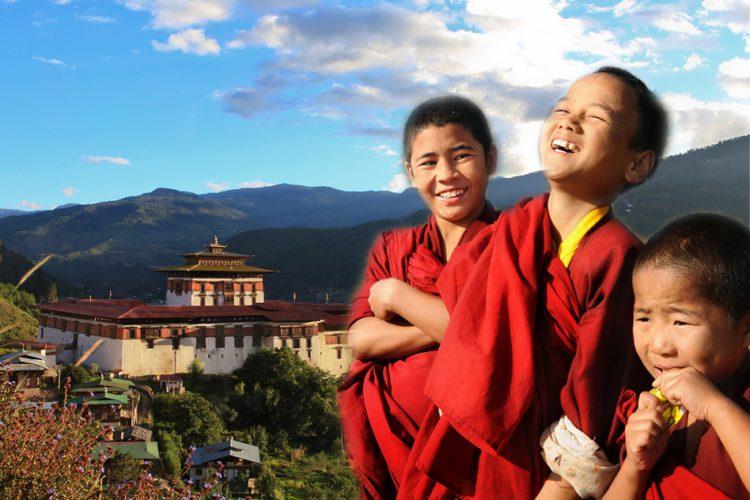Miss Alone
Prime VIP

Trending biodiversity
India’s neighbour Bhutan has been hailed as one of the greenest countries on Earth. It is endorsed with vast forest cover, comprising of more than 70 percent of the total land area, which is relatively well-preserved. It is also vested with tremendous inland water resources consisting of an extensive network of rivers and glaciers.
With a stark contrast of altitude that ranges between 130 metres and 7,500 metres above the mean sea level, the country poses to be a distinctive biodiversity.
Constitutional Mandate For Protection Of Environment
Article 5 of Bhutan’s constitution makes it clear that biodiversity protection and sustainable development is one of its top priorities. Having included the clause which mandates 60 percent of the total land area to be maintained under forests, Bhutan adheres to a very different belief that in all sense advocates, material wealth does not necessity lead to happiness.
Gross National Happiness
Gross National Happiness (GNH) is a term coined by Bhutan’s fourth Dragon King Jigme Singye Wangchuk in 1972, which represents a commitment to build an economy that would be based upon Buddhist spiritual values instead of the western materialistic development gauged by Gross Domestic Product (GDP). The GNH depends on sustainable development, preservation and promotion of cultural values, conservation of natural environment and the establishment of good governance.
Bhutanese and their identity
A good example of benefits derived from nature is the relationship between the Bhutanese society and its forests. With around 70 percent of the population living in rural areas, farming and forests resources form a major source of livelihood, as well as a considerable source of cultural identification and traditional practices.
Despite so many issues, today, Bhutan stands as the most carbon negative country in the world, keeping the promise made in the year 2009 of being carbon neutral. This tiny, underdeveloped nation between the two most populous countries of the world, embedded deep within the eastern Himalayas is growing sustainably having a consistent balance between national economic growth with cultural preservation and social development.The government aims to promote conservation as a part of its plan to target Gross National Happiness. It currently has net zero greenhouse emissions because of the small amount of pollution it creates is absorbed by the forest that covers most of the country.

